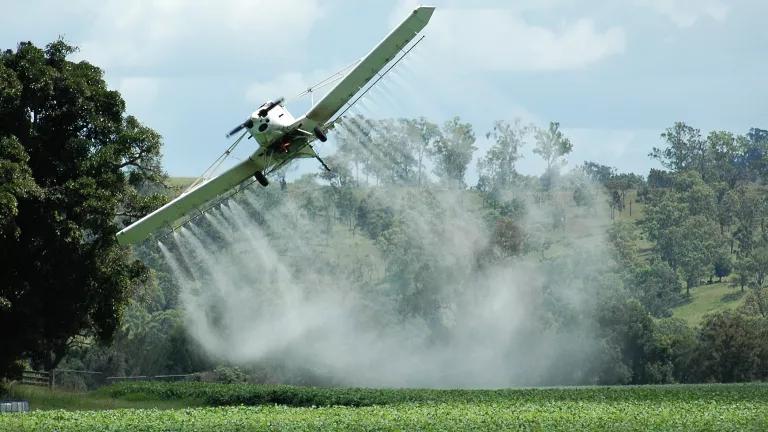According to Wildlife Services – a branch of the Department of Agriculture – mammals in Virginia, including river otters, coyotes, rabbits, and foxes, cost us a fortune but don’t provide us with any real benefits. That's what the agency stated and implied throughout its Environmental Assessment for "Mammal Damage Management" (i.e., their plan to kill a whole bunch of mammals) in Virginia, the comment period for which closed on Friday.
While it’s true that wild animals do cause some damage, looking only at that side of the equation ignores the many positives (economic and otherwise) of keeping a diversity of species on the landscape. Unfortunately, Wildlife Services’ failure to analyze them is not an isolated phenomena. Fuzzy Math – a recently published, peer-reviewed NRDC study of Wildlife Services’ cost benefit practices – found that it is not uncommon for the agency to overemphasize losses caused by predators and minimize or discount any benefits. Wildlife Services has also consistently omitted the economic values to society that are lost when large numbers of species are killed.

Courtesy of Dmitry Azovtsev
For example, in many of its environmental assessments, including its one for Virginia, Wildlife Services failed to fully consider the following economic values associated with wildlife:
- Wildlife Viewing – Did you know that, according to The National Overview, 91.1 million U.S. residents fished, hunted, or watched wildlife in 2011, spending $145 billion? That’s something Wildlife Services should consider.
- Existence or Passive Use Value – For many of us, there’s value to knowing that wildlife exists, even if we might never see it. While putting a number on this may seem abstract, it can be done using the Contingent Value Method (CVM), which has been employed by the U.S. Fish and Wildlife Service, the National Park Service, and the U.S. Bureau of Reclamation, as well as state fish and game agencies.
- Value of Ecosystem Services – There is a growing recognition that maintaining a functioning ecosystem with its entire suite of inter-related species provides many economic values to society in the form of ecosystem services, such as water purification for drinking purposes, erosion control, pollination of crops, control of pests, and renewal of soil fertility.
If Wildlife Services is going to seek to justify its proposed actions in Virginia and elsewhere by providing a detailed, monetized, analysis of the economic costs of predators, it needs to monetize their benefits.
For NRDC’s full comments on this proposal, please see here.



